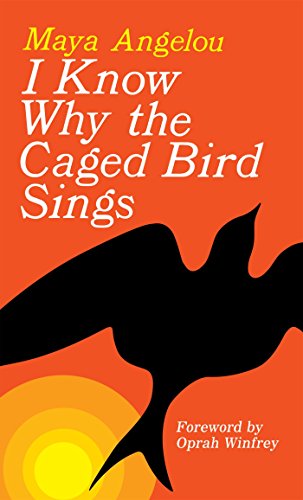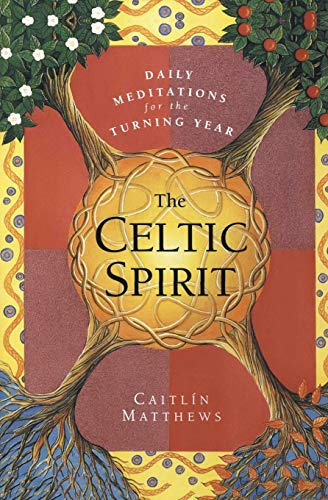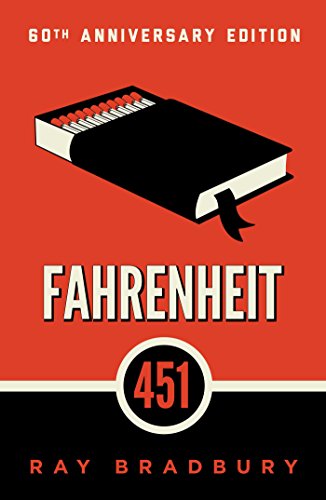In lieu of releasing my Austin Art Talk podcast interview with Valerie Chaussonnet today I am sharing at little info about a book I recently listened to. The interview will come out instead next Wednesday when life is hopefully back to normal and the snow has thawed. When I first started listening to this book I knew nothing about it. Sometimes that is a good thing. I definitely was not expecting it to be a book about meditation. That is not what it is all about, but Midal does base his grounded attitude and mindful approach on a consistent practice. Hard to say if being French has anything to do with it, but I’m sure it cant hurt. Seems to me to really be about accepting reality and not striving and struggling so much with life. Loving what is, as Byron Kaite would say.
Here is some text used to promote the book that summarizes things much better than I ever could. And there is my favorite quote that talks about artists at the end.
Midal gives listeners permission to:
Stop obeying - you are intelligent
Stop being calm - be at peace
Stop wanting to be perfect - accept life's storms
Stop rationalizing - let things be
Stop comparing - be you
Stop being ashamed - be vulnerable
Stop tormenting yourself - become your own best friend
Stop wanting to love - be benevolent
One of the world's leading teachers of meditation and mindfulness, Midal offers us a new solution to the perennial problem of our too-much, too-fast modern life. It's OK, he urges us, to say no. It's fine to quit the things that don't fulfill you. It's necessary, in fact, to give ourselves a break and say, simply, c'est la vie.
In The French Art of Not Giving a Sh*t, Midal gives each of us permission to stop doing the things that don't make us happy...so we have room in our lives for the things that do. “
©2017 Fabrice Midal (P)2017 Hachette Audio
“When I was teaching photography at the University of Paris, my students and I used to go to exhibitions by great photographers. The main point was to show them that looking at a picture and appreciating it means allowing yourself to be moved by it and in a sense to let it look at you. It means no longer wanting to understand, analyze, reflect. I’ve learned a lot from being in contact with artists, poets, musicians, and painters. For them not giving a shit seems such an obvious move. They say that’s where their real talent lies. Something no amount of effort could produce. Because no one can decide through will power alone to create a great work of art. They know how to listen to the voice speaking inside them. They know how to abandon something, to give themselves over to something they can’t invent. In reality the greatest effort an artist can make is to learn how to listen to this gift. The point is, stop giving a shit.”
As an Amazon Associate I earn from qualifying purchases. Thank you for your support.








































































